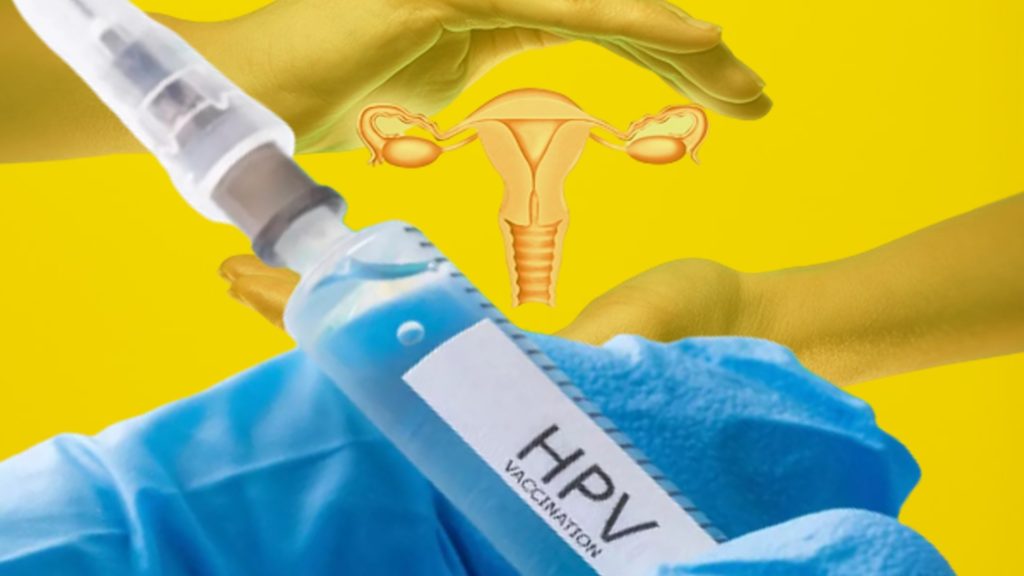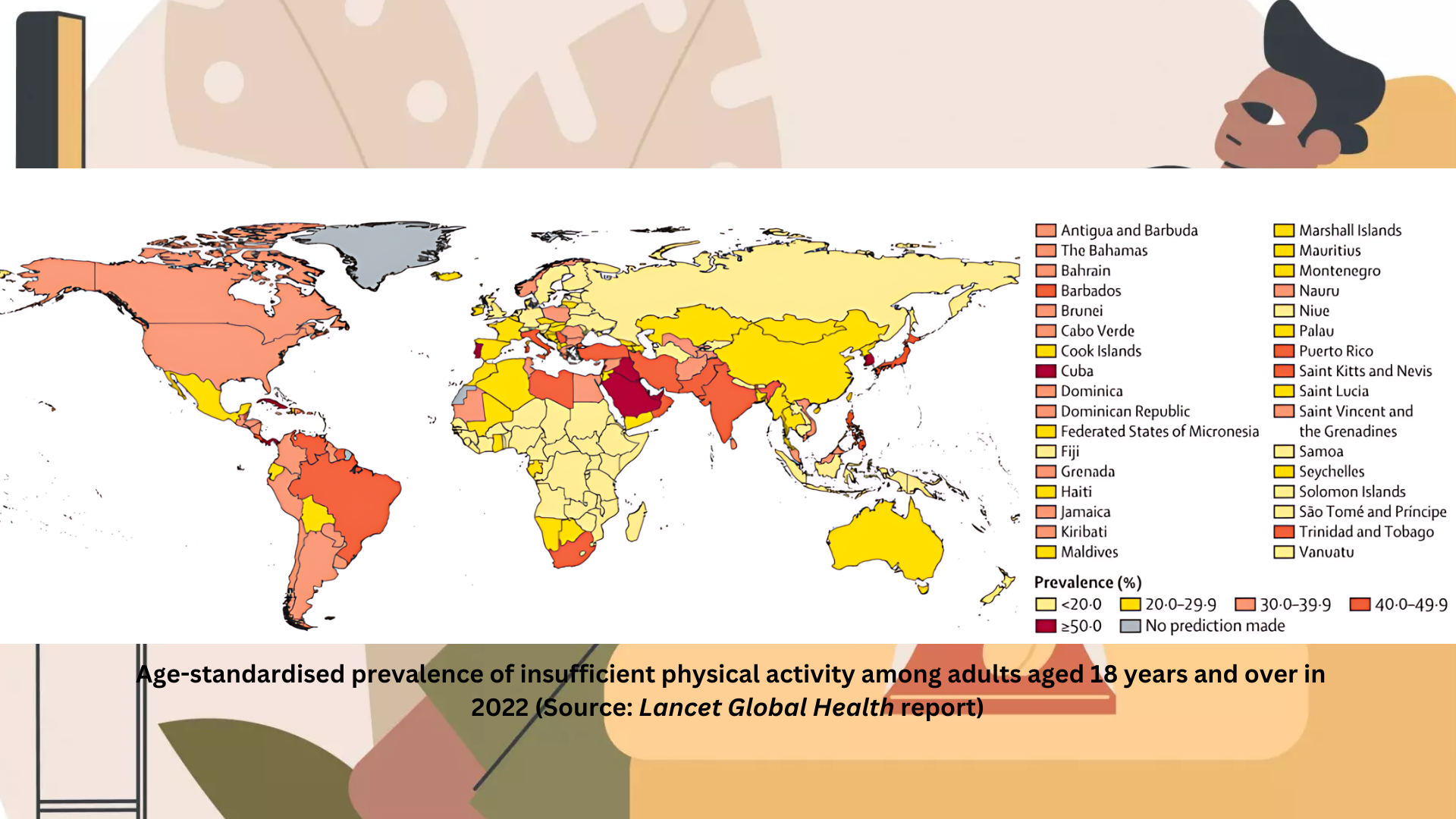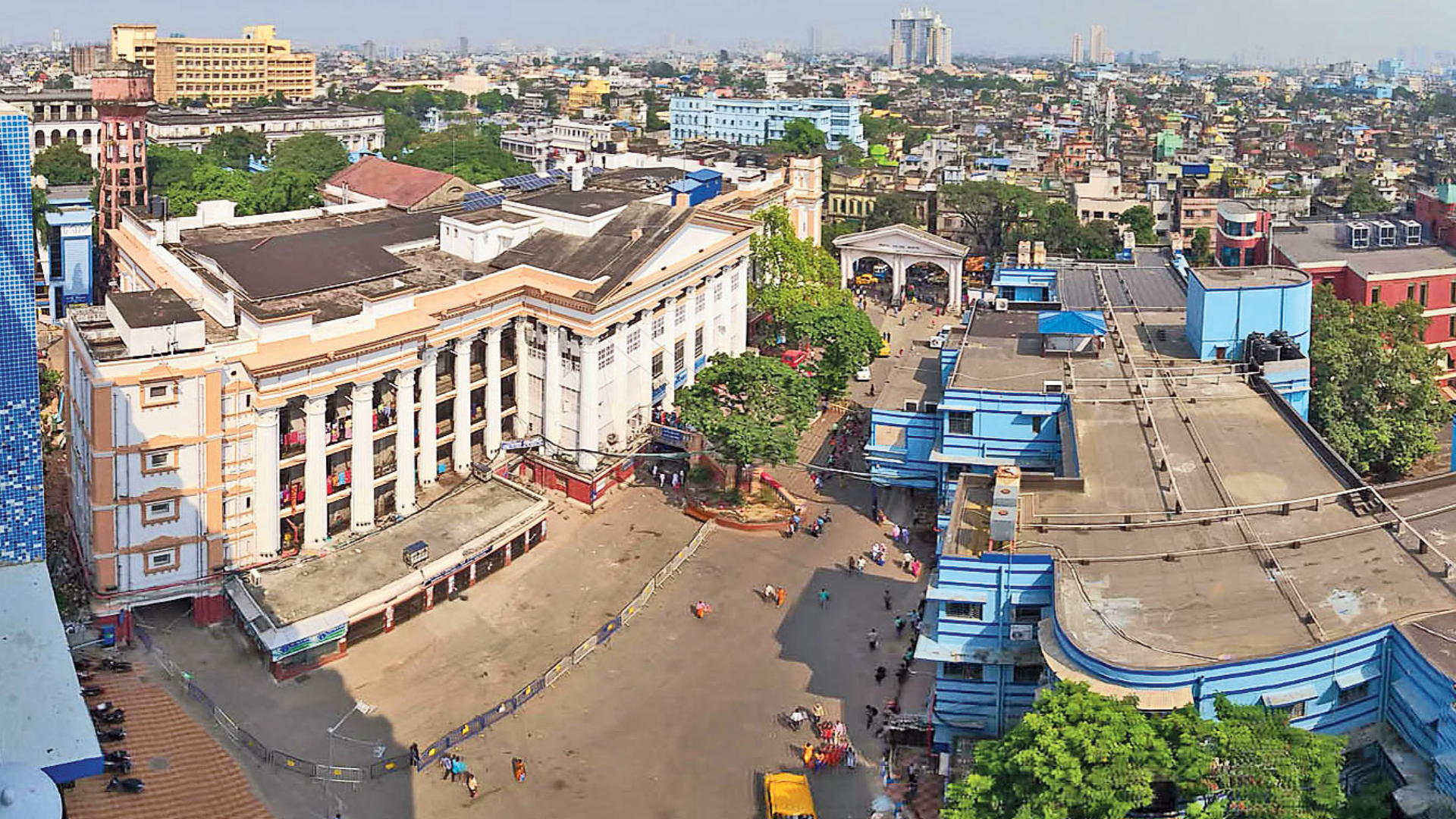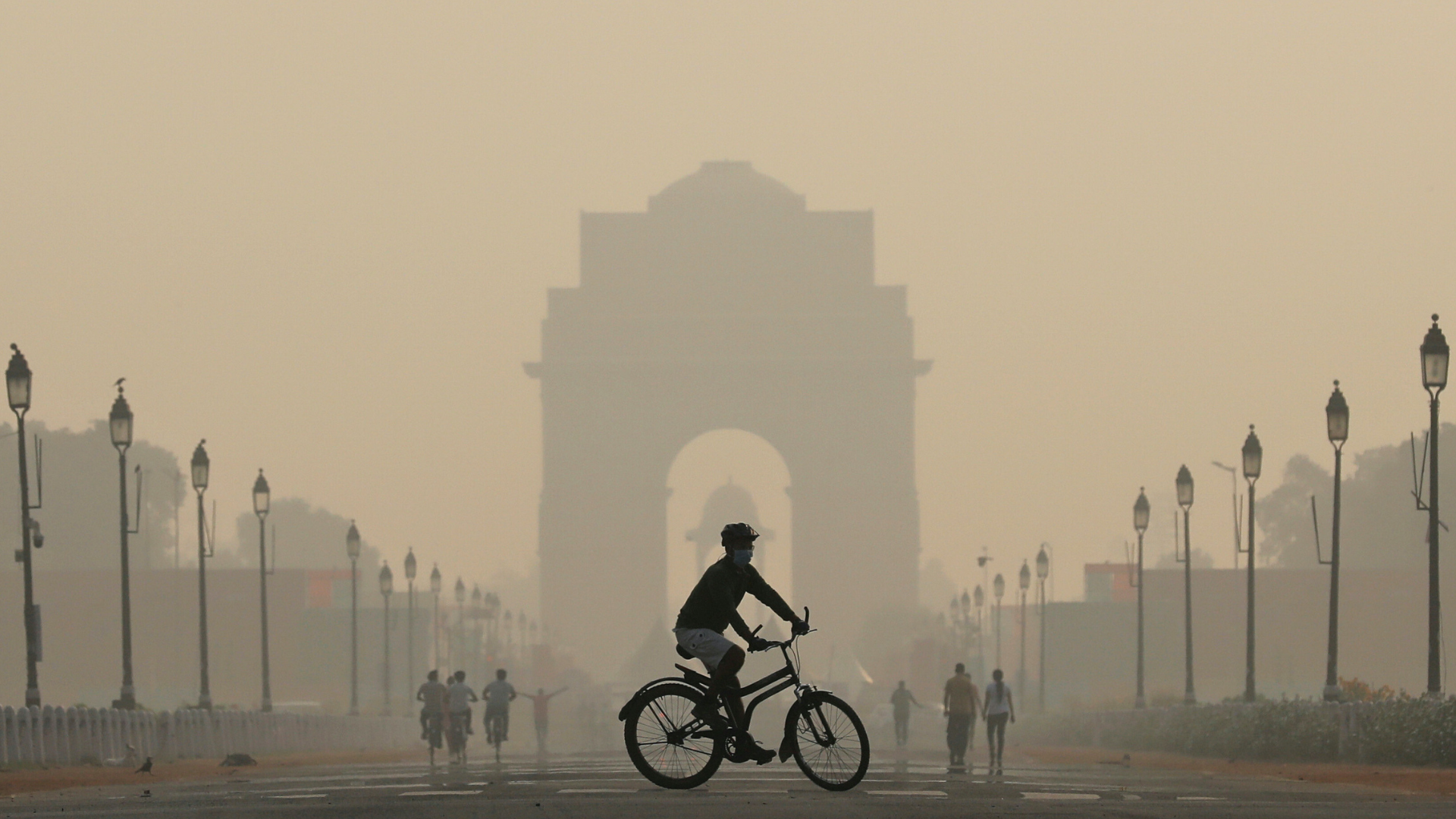First made-in-India cervical cancer vaccine launched

On September 1, Serum Institute of India (SII) and the Department of Biotechnology (DBT), government of India, formally launched Cervavac, the county’s first indigenously produced quadrivalent human papillomavirus (qHPV) vaccine against cervical cancer.
Every year, India reports approximately 20 per cent, or 1.23 lakh, of the world’s new cervical cancer cases as well as 67,000 deaths, according to the World Health Organisation (WHO). The WHO also says it is the second leading cause of cancer in the world among women aged 14 to 44 years and the fourth-most prevalent form of cancer among women in general.
Yet, cervical cancer, caused by human papillomavirus (HPV), is completely preventable. However, the virus is extremely dangerous, and can spread between men and women through sexual contact. According to some reports, Cervavac can be used on men too, who can get genital warts and penile cancer from HPV, but as of now, no anti-HPV vaccine is recommended for use on men by the Indian authorities.
Dr Rajesh Gokhale, Secretary, DBT and Chairperson, Biotechnology Industry Research Assistance Council (BIRAC), a DBT organisation, told The Indian Express that the vaccine would be available for everyone by the end of this year.
He said the manufacturer, SII is likely to price each dose between Rs 200 to 400. This would be a huge relief for patients, as the two currently available vaccines for the cancer available in the Indian market, Gardasi (marketed by Merck) and Cervarix (marketed by GlaxoSmithKline) are priced 10 times or more higher, at Rs 2,000 to 3,500 per dose.
Two to three doses would be required, depending upon the condition of the patient, as per reports.







